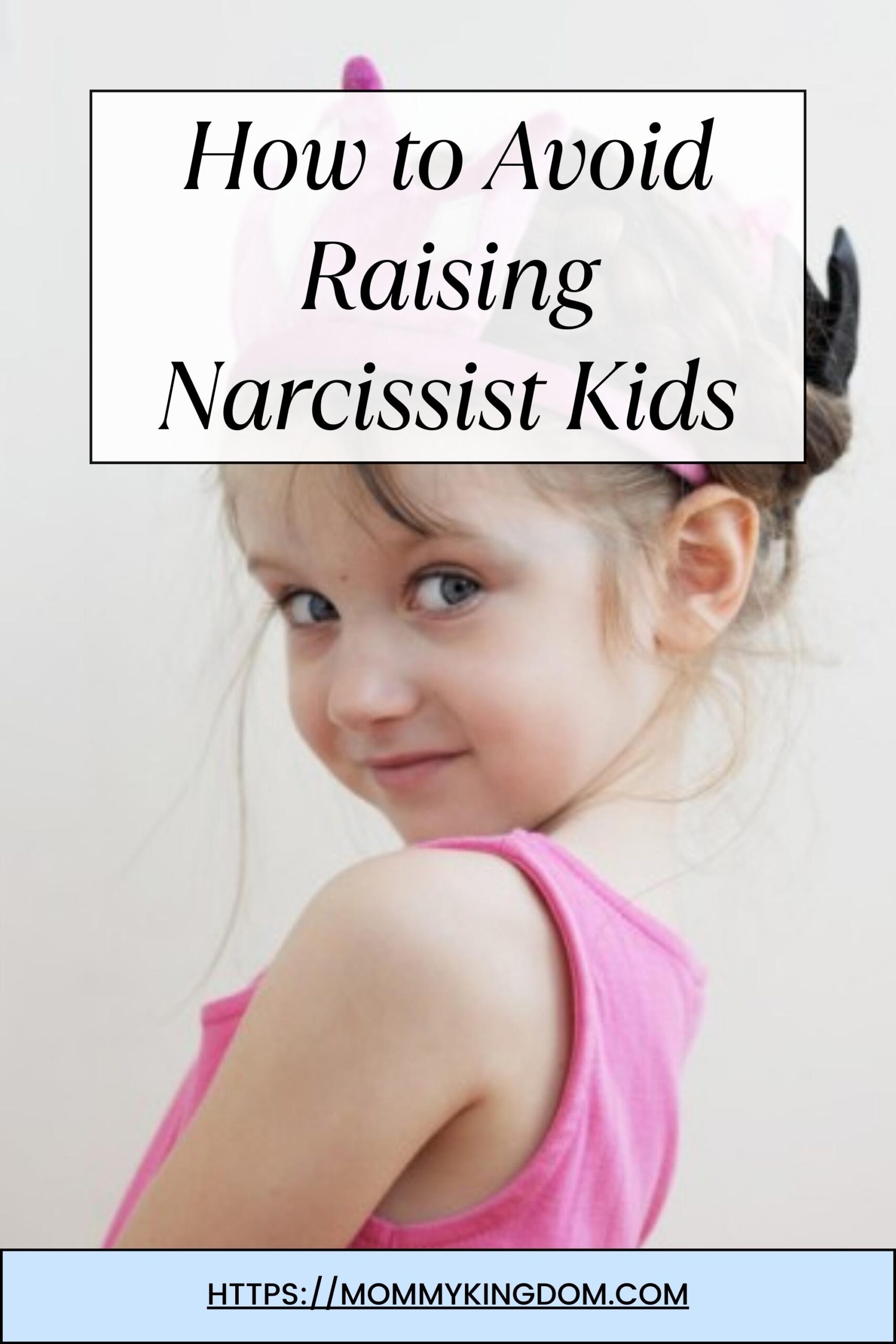Learn how to avoid raising narcissist kids in this comprehensive guide. Discover strategies, insights, and FAQs to foster healthy self-esteem in your children.
Raising children is a profound responsibility, and every parent aspires to nurture them into confident, well-rounded individuals. However, in the age of social media and constant validation, the risk of raising narcissist kids looms larger than ever. In this article, we will explore effective strategies to promote healthy self-esteem in your children and prevent narcissistic tendencies from taking root.
The Foundation of Self-Esteem
Building a Strong Sense of Identity

Encouraging your child to develop a strong sense of identity involves allowing them to explore their interests, talents, and values. It’s important to provide them with opportunities to discover what makes them unique and what they are passionate about. This exploration helps children build a solid foundation for their self-esteem, as they learn to appreciate and value their individuality.
Encouraging Empathy and Compassion

Empathy and compassion are key attributes that can counter narcissistic tendencies. Parents should actively teach their children to understand and respect the feelings and perspectives of others. This can be done through discussions, reading books that emphasize empathy, and leading by example. Encouraging acts of kindness and teaching the importance of helping others can also foster these essential traits.
Parenting Strategies
Balanced Praise and Critique

While it’s important to acknowledge your child’s achievements and efforts, it’s equally crucial to provide balanced feedback. Overpraising a child can lead to an inflated ego and a sense of entitlement. Instead, offer praise when warranted, but also provide constructive criticism when necessary. This approach helps children develop a realistic self-assessment and the ability to handle both success and failure gracefully.
Set Realistic Expectations

Helping your child set achievable goals and celebrating their successes, no matter how small, is a fundamental aspect of promoting healthy self-esteem. When children experience success and accomplishment, it reinforces their belief in their abilities. This sense of achievement contributes to a positive self-image without fostering an unrealistic sense of entitlement.
Healthy Communication
Open and Honest Dialogue

Open communication is the cornerstone of a healthy parent-child relationship. Create a safe and non-judgmental space where your child feels comfortable sharing their thoughts, feelings, and concerns. Engaging in meaningful conversations with your child helps them feel valued and heard, which contributes to their self-worth.
Active Listening

Active listening involves giving your child your full attention when they speak. This means listening without interrupting, showing empathy, and asking follow-up questions to gain a deeper understanding of their thoughts and emotions. When children feel that their parents genuinely care about their perspectives, it reinforces their self-esteem.
Balancing Technology
Limit Screen Time

Excessive screen time, especially on social media, can contribute to narcissistic tendencies in children. Setting reasonable limits on screen time encourages real-world interactions and activities that promote self-esteem, such as outdoor play, reading, and hobbies.
Encourage Offline Activities

Encouraging your child to participate in offline activities, such as sports, art, or volunteering, provides opportunities for personal growth and self-discovery. These activities help children build skills, develop interests, and interact with peers in meaningful ways, all of which contribute to a positive self-image.
School and Social Life
Teach Humility

Teaching humility involves helping your child understand that making mistakes is a normal part of life. Encourage them to take responsibility for their actions and to apologize when they’ve done something wrong. This fosters a sense of accountability and humility, which are essential qualities for healthy self-esteem.
Foster Healthy Friendships

Guide your child in selecting friends who value them for who they are, rather than for materialistic reasons or popularity. Healthy friendships provide emotional support, reinforce positive self-worth, and help children develop a sense of belonging and acceptance outside of their family.
Final Words
In a world filled with external validation and the allure of narcissism, parents play a crucial role in nurturing children with healthy self-esteem. By following the strategies outlined in this guide, you can help your child develop a balanced sense of self-worth and avoid raising narcissist kids. Remember that fostering empathy, open communication, and a realistic view of themselves will empower your children to thrive in a world that values genuine self-esteem.
FAQs
Can narcissistic traits develop in children as young as preschool age?
Yes, narcissistic traits can manifest early, but with proper guidance, they can be mitigated.
Is it harmful to reward children with material gifts?
While occasional rewards are fine, placing too much emphasis on material possessions can contribute to narcissism.
How can I encourage my child’s interests without pushing them too hard?
Offer support, but let your child explore their interests at their own pace. Avoid imposing your own ambitions on them.
Are there any warning signs of narcissistic behavior in children?
Watch for signs of excessive entitlement, a lack of empathy, and a constant need for admiration.
What should I do if I notice narcissistic behavior in my child?
Seek professional guidance from a child psychologist or counselor to address the issue effectively.
Can self-esteem and confidence coexist without narcissism?
Absolutely. Healthy self-esteem involves a realistic assessment of one’s abilities and a sense of self-worth without the need for constant admiration.
